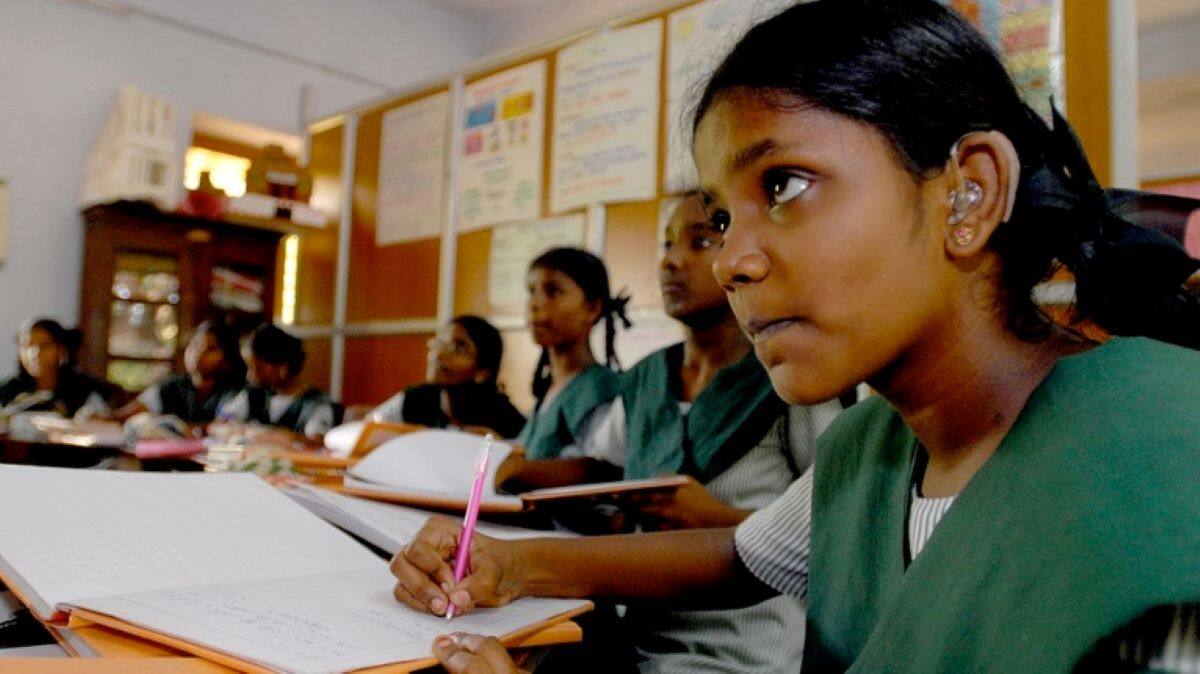Centre notifies new Right to Education rules allowing schools to fail children in Classes 5, 8
Atul Krishna | December 23, 2024 | 10:30 AM IST | 2 mins read
The new rules allow schools to make children repeat classes but says ‘no child shall be expelled’ till Class 8. Change comes 5 years after the RTE Act was amended.

NEW DELHI: The central government has amended the Right of Children to Free and Compulsory Education Rules, 2010 allowing states to hold “regular exams” for students in Classes 5 and 8 and hold them back if they fail.
The amendment to the rules comes five years after the Right of Children to Free and Compulsory Education Act 2009 (RTE Act 2009) was amended to include this reform in 2019.
As per the amended rules, states can hold “regular examinations in Classes 5 and 8 at the end of the academic year” and if a student fails they will be given “additional instruction” and the chance to reappear in the examination two months later.If a student fails to fulfill the promotion requirements in this exam, they will be held back in Class 5 or Class 8.
However, the RTE Act emphasises that “no child shall be expelled from any school” till he completes Class 8. Principals are required to maintain a list of failed children, “identify learning gaps” and "personally monitor provisions for specialised inputs” to the children who have failed in these classes.
RTE Act and states
States such as Gujarat, Odisha, Madhya Pradesh, Jharkhand, Karnataka, and Delhi have already decided to detain students who fail Classes 5 or 8. However, Karnataka’s effort to hold regular exams – essentially, public exams – for Classes 5, 8, 9 and 11 was scrapped by the Karnataka High Court in March 2024. Some states such as Kerala are vocally against conducting examinations in Classes 5 and 8.
The RTE Act in its original version had a “no-detention policy” which imposed a country-wide ban on the practice of making elementary school children who fail exams repeat those classes. This essentially meant that children could not be detained in the same class till Class 8 even if they failed.
Many education activists considered the “no-detention policy” a crucial part of ensuring that students don’t drop out of the school system. However, many states were not in support of this. In a Central Advisory Board of Education (CABE), held in 2015, 23 out of the 28 states had called for the scrapping of “no-detention policy”.
The states had argued that the policy left students unprepared for board exams and increased the failure rate in Class 10. In March 2019, the Parliament passed an amendment to the RTE Act allowing states to hold regular examinations in Classes 5 and 8 and thus scrapping the “no-detention policy”.
Follow us for the latest education news on colleges and universities, admission, courses, exams, research, education policies, study abroad and more..
To get in touch, write to us at news@careers360.com.